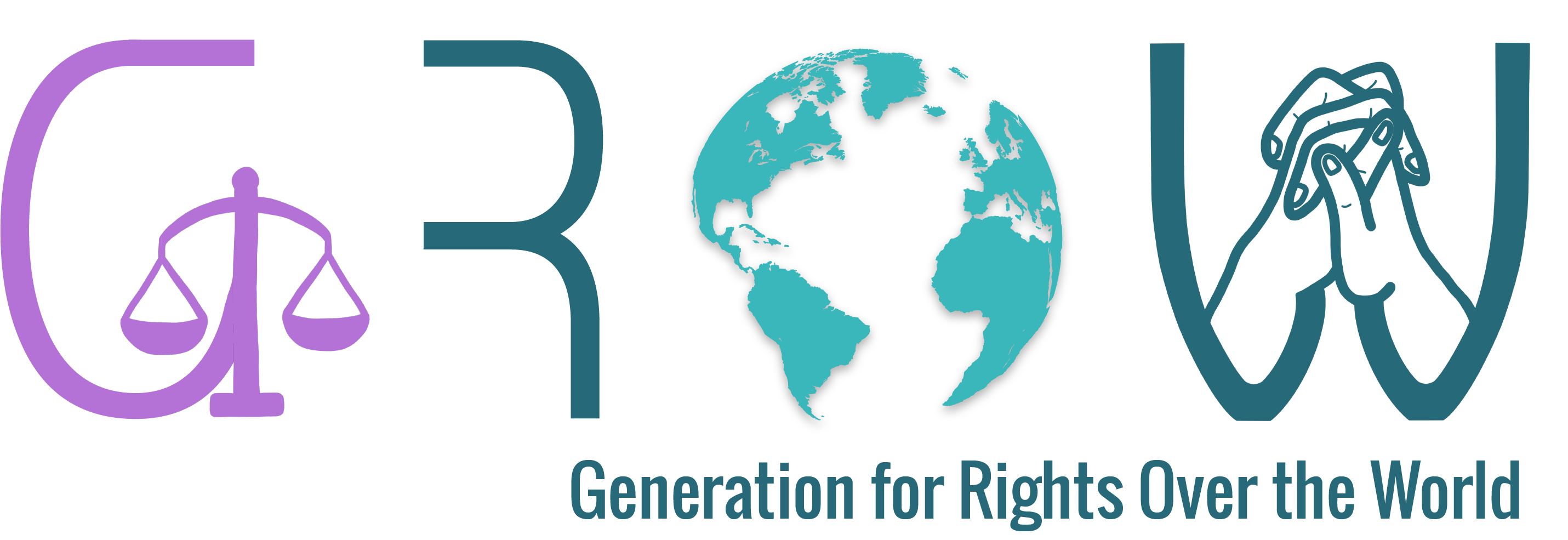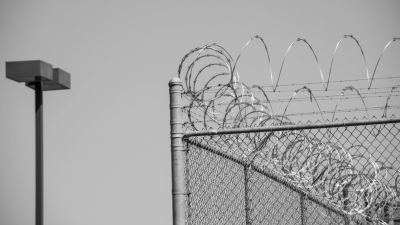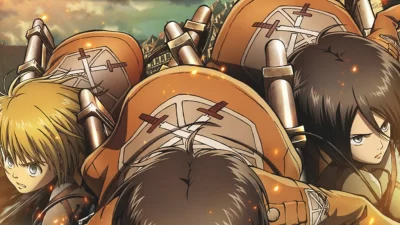“We’ve learned that quiet isn’t always peace,
and the norms and notions
of what just is
isn’t always just-ice.
And yet the dawn is ours
before we knew it.
Somehow we do it.”
Amanda Gornan. (2021). “The Hill We Climb”. The Hill We Climb.
On January 20th, 2021, the voice of Amanda Gornan, the first National Youth Poet Laureate in the history of the United States, echoed through the ridges and grooves lining the overcrowded streets of Washington D.C. The then-23 years old poet embodied the most idyllic realization of democratic values through her moving piece “The Hill We Climb”. Not only did she embodied a stepping stone in the path towards fairer and more punctual representation in the public eye, but also retraced the footsteps of many poets and literati before her, who firmly believed in the role culture and literature have in the promotion of rights. Indeed, poetry and literature tend to permeate the rind of the democratic body, bleeding and seeping into the cracks of its bones, creating the ethical and theoretical foundations for many important developments, whose scope society tends to overlook.
In the same manner, the United Nations Charter (UNC) and the Universal Declaration of Human Rights (UDHR) constitute unequivocal representations of the role of literature in the shaping of consciousnesses for the sake of a greater good, and the inherent striving of the human identity towards a higher, and fairer, delineation of society’s contours. The preambles of the hereby cited documents are considered by many the cores around which the Western system of human rights functions and develops: they fundamentally represent the building blocks for the creation of countless international instruments whose aim are safeguarding the integrity and development of human life. In the shaping of these testimonies, the role of poetry and literature does not appear so apparent at first glance, but a more in-depth analysis of their redaction highlights how these two realities tend to merge, specifically concerning ontological questions such as the identification of humanity’s nature and rights themselves.
Archibald MacLeish, American poet and playwright, was featured in the drafting process of both documents, and his contribution to the currently-accepted interpretation of human rights has often gone unnoticed. In particular, MacLeish’s efforts to unbind the interpretation of rights as tightly linked to the tradition of either natural or divine law are located in the realm of ontology, in the sense that they frame the ethics and politics of human rights in a quest for “who” or “what” a human being can be. According to MacLeish, the hardships encountered in the contouring of the image of humans and people, which are often considered a limit in the effectiveness of the human rights regime itself, could constitute a form of strength. The capacity for adaptation and evolution is indeed a fundamental character of pieces of legislation like the UNC or the UDHR, specifically concerning rights. Both documents cannot possibly be considered invariable and “given” truths regarding human rights and humanity itself, with its most varied facets. They should be capable of constant and further development towards the inclusion of all different sides of the human identity. The legacy of MacLeish and his writings becomes particularly timely in what concerns the question of universality or particularity of human rights: the legislators of the UDHR, much like poets do in translating emotions into poems, were tasked with the extremely challenging duty of translating the ethical need for safeguarding human rights into a reality that was, and still is, faceted and constantly changing.
The poetry of human rights therefore takes the shape of the constant human search for identity and belonging: it is through literary art that writers, legislators, and politicians define the contours of their humanity and that of their peers. This never-ending journey through the enlightenment of what is inherent to humans concerning rights has been the topic of analysis by countless literati. Many attempted to stitch its fraying edges into a coherent canvas, capable of defining what is human and what is not, therefore allowing for its subsequent translation into political terms. As complex as it would be to trace the concrete influence that pieces of literature have had on the sparking of political movements and socio-cultural change, it is possible to understand how authors such as Maya Angelou, Emily Dickinson, and Sylvia Plath not only reflected an evolving environment in the realm of rights but also stimulated, through their writings, further change. Plath’s posthumous collection of poetry Ariel is considered by many a manifesto of the process of identification of the 20th-century woman and the developing feminist movement. Plath’s work manages to encompass the hardships of womanhood in the mid-1900s, through a process of literary self-discovery based on the dissonance with what was expected by women at the time. Through poems like “Lady Lazarus” or “Daddy,” the poet unbinds women from a preconceived interpretation of their identity which was, at the time, oriented by the overarching gaze of the patriarchy. The discrepancy between the expected and the concrete reality is particularly evident in pieces like “Mushrooms”. The poem became particularly exploited by the feminist movement years after its publication, due to its capacity to efficiently describe the double standards between men and women in the society of the time. Plath cleverly used the undergrowth of the woods to set a scene in which individuals, specifically women, were forced into overcrowded boxes and stereotypes by some natural design. This piece has a fundamental value in the relationship between literature and human rights, as it represents one of the most important testimonies of how the awareness of the need for change and the reclamation of rights was developed through poetry.
“… Perfectly voiceless,
Widen the crannies,
Shoulder through holes. We
Diet on water,
On crumbs of shadow,
Bland-mannered, asking
Little or nothing.
So many of us!
So many of us!
We are shelves, we are
Tables, we are meek,
We are edible,
Nudgers and shovers
In spite of ourselves.
Our kind multiplies :
We shall by morning
Inherit the earth.
Our foot’s in the door.”
Sylvia Plath. (1960). « Champignons ». Le Colosse et autres poèmes.
Poetry and human rights therefore seem to merge in the sense that the poetic tool has been used, and still continues to be used, as an instrument to, on the one hand, define humanity in its most varied representations and interpretation, and on the other, to reclaim the inherent rights and needs that are enshrined in these new understandings of identity. Sylvia Plath’s “Ariel” and MacLeish’s preambles might not have represented destinations in the journey towards universally-recognised equality, but they surely constituted the stepping stones towards it: the constant search for one’s identity, translated into poetry and prose, allows writers and readers to interpret themselves more deeply, gaining a sense of one’s own essence and the necessities arising from it. Writing is therefore not only creation, but also action. It is the manifesto of the self, but also of the needs of the self. It is the definition of humanity through the exploration of its experiences.







